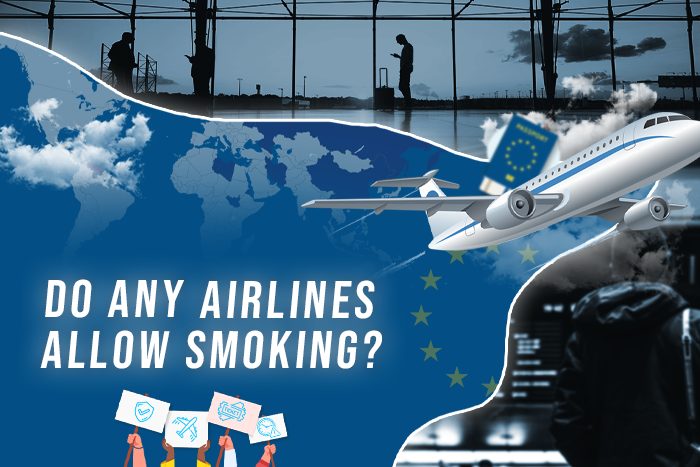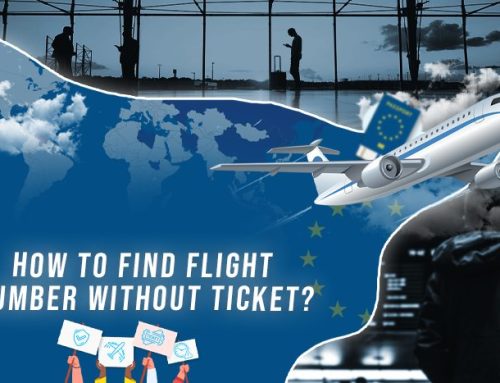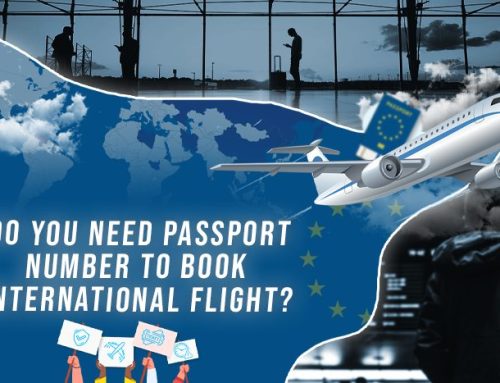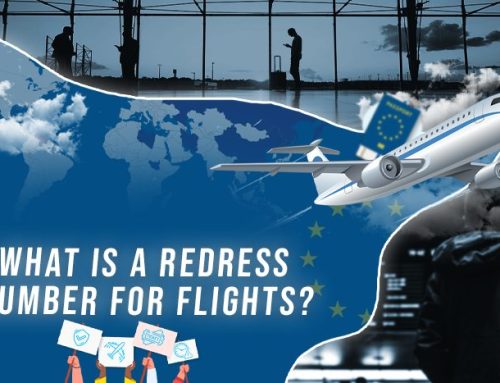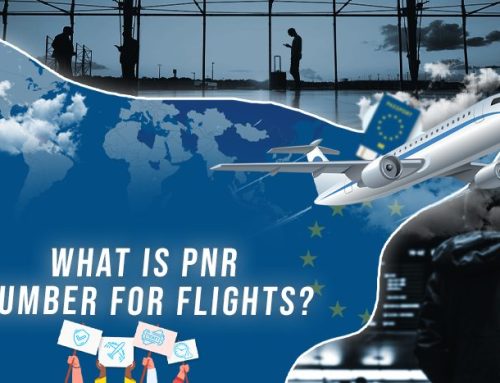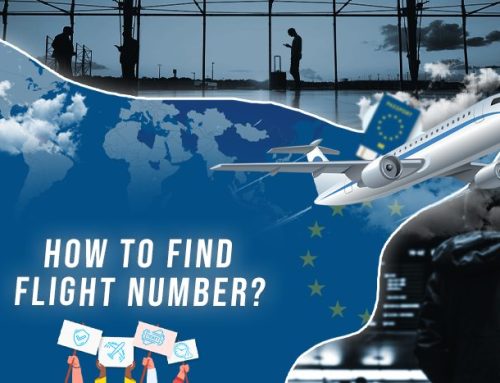When you’re at your seat, you may notice a little sign that’s always lit, indicating that you can’t smoke on the plane. If you’re younger, this may seem odd – no one smokes on planes because it’s illegal. However, that wasn’t always the case!
By 2000, smoking had been banned on most flights, though it had been decades in the making. Currently, smoking is illegal on most international and domestic flights, though some airlines have ignored the ban and allowed passengers to do what they want. This is the exception, not the rule, so you should not expect to smoke on any airline while traveling, no matter how long your flight is.
There are some loopholes. For example, smoking is still technically allowed in the cockpit by some U.S. laws; however, this could damage the air quality and cause planes to divert and undergo emergency landings. In addition to reduced air quality, smoking on planes can cause fires.
Planes banned smoking on airplanes for a good reason, and they continue to update regulations to include newer technologies, including electronic cigarettes. Due to the combustible nature of the products, there are even rules on how to carry your e-cigs safely to prevent accidental fires.
Let’s explore more information about why planes banned smoking, why there are still smoking amenities available, and if e-cigarettes count under this ban.
Key Takeaways
- Smoking on airplanes has been banned on most domestic and international flights for decades due to the risks it poses to passengers and crew, including the danger of fires and exposure to secondhand smoke.
- Despite the ban, some airlines may still have ashtrays onboard, mainly to provide a safe space for smokers to put out their cigarettes rather than risk them throwing them away in the trash, potentially causing a fire.
- The smoking ban also includes electronic cigarettes, which can still pose a fire risk due to their batteries, and also expose others to secondhand smoke or unregulated chemicals.
- Airlines may vary in their enforcement of the smoking ban, with some being more lax than others, but passengers should not expect to smoke on any airline, no matter how long the flight is.
- Passengers who need nicotine can consider alternatives such as nicotine gum or patches to help curb cravings and avoid the risks associated with smoking on planes.
Why Planes Banned Smoking?
Airlines banned smoking because it was dangerous, causing unintentional fires, diverted landings, and more. Additionally, it provided unsafe working conditions for the crew as the aircrafts continually cycled through air contaminated with secondhand smoke. Even the introduction of smoking sections on the plane didn’t help, so most countries and companies moved towards full bans between 1980 and 2000.
Why Do Planes Still Have Ashtrays?
While smoking is banned on flights, many still have ashtrays. The reason for this is twofold. One, the plane may be older and made at a time when smoking was still legal. Two, even if smoking is illegal, airlines want to provide a safe space for rule-breakers to put out their cigarettes.
If they don’t, passengers could potentially discard their lit cigarettes in the garbage, which could cause a fire unintentionally. This has happened several times, so while airlines don’t want to encourage this illegal behavior, they’d rather passively accommodate it than risk a fire.
Does the Smoking Ban Extend To Electronic Cigarettes?
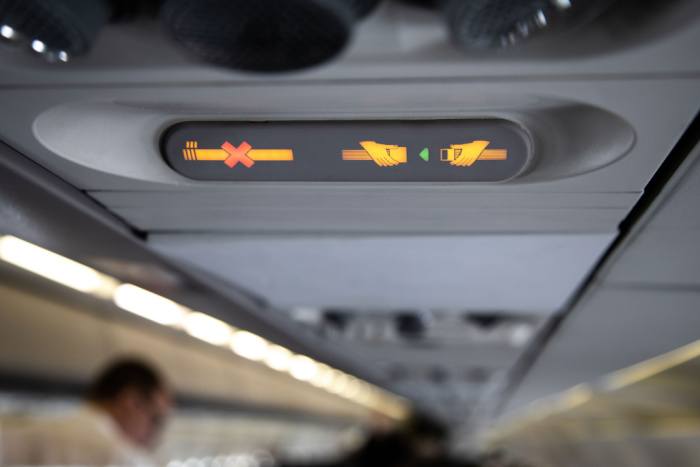
Yes, the smoking ban also includes electronic cigarettes. Even though they don’t have an open flame, they can still cause a fire risk due to their batteries, which can combust in certain conditions. This is why they are not allowed in checked bags on planes.
Additionally, the dangers of second-hand smoke are still in play when you use electronic cigarettes, and perhaps even more so with the unregulated chemicals that are used in many pods. Some airlines may look the other way when you use electronic cigarettes, especially in the lavatory, but it’s extremely dangerous for you and others to do so.
So, Do Any Airlines Allow Smoking?
Officially, no. Most countries have implemented a smoking ban on their flights, many of which have been in place for decades. This includes both domestic and international flights, regardless of the length, so if you think you’ll have trouble flying without getting your next fix, consider investing in nicotine gum or a patch to help curb the cravings.
Unofficially, there are some airlines that may ignore the subtle smell of smoke on an airplane, particularly in the Middle East, Africa, and China. It is still illegal, and you could be subject to fines and even jail time, depending on the local regulations, if caught; however, the crew is less likely to report you. You can take your chances, but the odds may not be in your favor.
Frequently Asked Questions
-
Is smoking allowed on any airlines?
No, smoking is not allowed on most domestic and international flights, regardless of the flight duration.
-
Why is smoking banned on airplanes?
Smoking is banned on airplanes due to the risks it poses, including the danger of fires, exposure to secondhand smoke, and unsafe working conditions for the crew.
-
Do any airlines still have ashtrays onboard?
Yes, some airlines still have ashtrays onboard, mainly to provide a safe space for smokers to put out their cigarettes rather than risk throwing them in the trash and causing a fire.
-
Can I use electronic cigarettes on a plane?
No, using electronic cigarettes on a plane is prohibited, as they are included in the smoking ban and pose a safety risk to yourself and others onboard.
-
Are there any exceptions to the smoking ban on airplanes?
There are no exceptions to the smoking ban on airplanes, and any violations may result in fines or even jail time, depending on local regulations.
-
What alternatives are there for passengers who need nicotine on a flight?
Passengers who need nicotine can consider alternatives such as nicotine gum or patches to help curb cravings and avoid the risks associated with smoking on planes.
